Magnesium for Better Sleep & Faster Muscle Recovery
The Essential Mineral You Might Be Missing

When it comes to improving your sleep and speeding up muscle recovery, most people think of protein powders, stretching, or meditation apps. But there’s one natural, research-backed mineral that’s often overlooked — and it could be the missing piece of your routine: magnesium.
From supporting deeper sleep to aiding muscle repair post-workout, magnesium plays a critical role in how your body unwinds, restores, and recharges. Let’s explore how this powerhouse nutrient works — and how to get more of it.
Why Magnesium Matters for Sleep and Recovery
Magnesium is involved in over 300 enzymatic functions in the body — from energy production and muscle repair to hormone balance and nervous system regulation. But two of its most valuable (and underrated) roles are:
- + Improving sleep quality
- + Enhancing muscle recovery
And the research backs it. Nearly 50% of older adults experience some form of insomnia, whether it’s difficulty falling asleep, waking too early, or not feeling rested upon waking. As we age, several factors increase our risk for poor sleep — including shifts in circadian rhythms, environmental and lifestyle changes, and reduced nutrient intake, absorption, and retention.
In a study published in the American Journal of Medical Science, older adults who supplemented with magnesium fell asleep faster, slept longer, and experienced improved sleep quality compared to those who didn’t [1].
Another study in the American Journal of Therapeutics found that magnesium also plays a significant role in regulating cortisol, the body’s primary stress hormone — helping to calm the nervous system and ease the body into a deeper state of rest [2].
How Magnesium Helps You Sleep Better
If you're searching for a natural product to help you sleep better, magnesium is a standout. Here's how it works:
1. Calms the Nervous System
Magnesium helps regulate GABA (gamma-aminobutyric acid), a neurotransmitter responsible for slowing brain activity. This calming effect helps your body wind down faster and stay asleep longer.
2. Regulates Melatonin
It also supports the production of melatonin, your body’s main sleep hormone — crucial for falling asleep and staying in deep sleep cycles.
3. Lowers Core Body Temperature
When paired with glycine (an amino acid also involved in sleep), magnesium helps cool your core temperature, a vital step for initiating restful sleep.
Magnesium for Muscle Recovery
Whether you're a regular at the gym or simply active in daily life, magnesium is essential for recovery. After physical exertion, your muscles experience microscopic damage and stress. Magnesium steps in to:
- + Support protein synthesis
- + Ease muscle tension
- + Reduce soreness and inflammation
- + Replenish cellular energy stores (ATP)
A 2015 study published in Nutrients confirmed that magnesium plays a crucial role in muscle oxygenation and post-exercise recovery [3]. Without enough of it, your muscles may stay tight, sore, and fatigued for longer
What Are the Signs You Might Be Low in Magnesium?
It’s estimated that 1 in 3 adults is magnesium-deficient, often without realising it. Low magnesium can lead to:
- + Poor sleep or insomnia
- + Muscle cramps or tension
- + Anxiety or restlessness
- + Constant fatigue
- + Hormonal imbalances
Modern farming practices, poor soil quality, and common dietary habits mean many of us aren't getting enough through food alone.
Best Magnesium-Rich Recovery Foods
Looking to boost magnesium naturally? Start with these recovery-friendly whole foods:
- + Leafy Greens (like spinach & kale): Blend into smoothies or lightly steam as a side
- + Almonds & Pumpkin Seeds: Snack or sprinkle on oats/yogurt
- + Black Beans: Add to soups, bowls, or stews
- + Avocado: High in magnesium and healthy fats
- + Dark Chocolate (70%+ cocoa): A sweet magnesium-rich treat
- + Bananas: Great for post-workout magnesium + potassium
While these are great gym recovery foods, it’s still hard to reach optimal levels of magnesium through diet alone — especially if you’re training, stressed, or not sleeping well.
Supplements That Can Help: Magnesium Citrate + Glycinate
Not all forms of magnesium are created equal. Two forms especially helpful for sleep and recovery include:
- + Magnesium Citrate: Supports stress relief, insomnia, and sleep quality
- + Magnesium Glycinate: Known for its calming properties and gut-friendly absorption
Both are found in IMBIBE Recover Rest, a clean magnesium hot chocolate made with glycine and mood-soothing adaptogens. It’s designed to help you unwind, sleep deeper, and support muscle recovery — naturally.
The Bottom Line: Small Mineral, Big Impact
If you’re not sleeping deeply or recovering well after training, magnesium might be the missing link. This powerhouse mineral supports your nervous system, muscles, sleep cycles, and hormonal balance — all essential for rest, repair, and resilience.
Whether you increase magnesium-rich foods or include a nightly dose of magnesium via supplements, it’s one of the simplest, science-backed ways to sleep better, recover faster, and feel calmer — naturally
References
-
Abbasi, B., Kimiagar, M., Sadeghniiat, K., Shirazi, M. M., Hedayati, M., & Rashidkhani, B. (2012). The effect of magnesium supplementation on primary insomnia in elderly: A double-blind placebo-controlled clinical trial. Journal of Research in Medical Sciences, 17(12), 1161–1169.
Link to abstract on PubMed -
-
**Breus M.J., Hooper S., Lynch T., Hausenblas H.A.**
“Effectiveness of Magnesium Supplementation on Sleep Quality and Mood for Adults with Poor Sleep Quality: A Randomized Double‑Blind Placebo‑Controlled Crossover Pilot Trial.” Medical Research Archives, July 2024; Vol 12 No 7.
Participants receiving magnesium had measurable improvements in sleep efficiency, deep sleep, mood, and readiness compared to placebo (p < .05). -
**Gröber U., Schmidt J., Kisters K.**
“Magnesium in Prevention and Therapy.” Nutrients, 2015; 7(9): 8199–8226.
A comprehensive review outlining magnesium’s roles in over 300 enzymatic reactions, including energy metabolism, muscle contraction, neurotransmission, and stress regulation.
-
-
Zhang, Y., Xun, P., Wang, R., Mao, L., He, K. (2017)."Can Magnesium Enhance Exercise Performance?". Nutrition, 44, 1–12.
https://doi.org/10.1016/j.nut.2017.06.011
A comprehensive overview of magnesium’s involvement in energy metabolism and muscle repair post-exercise.


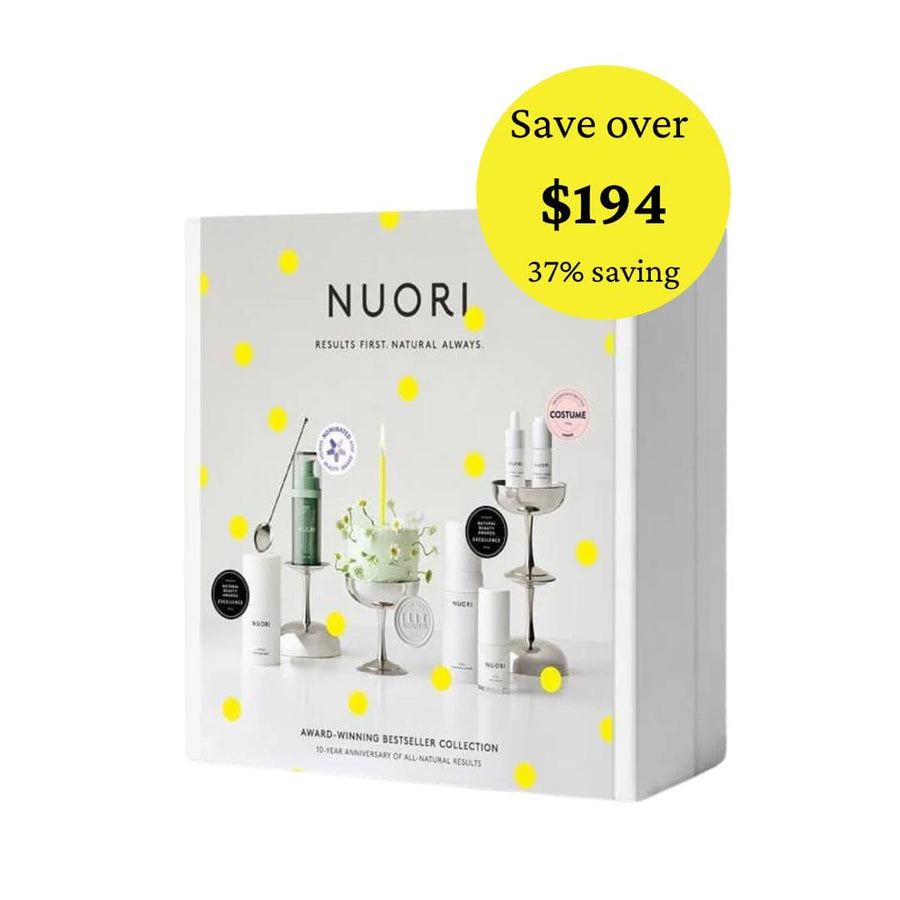



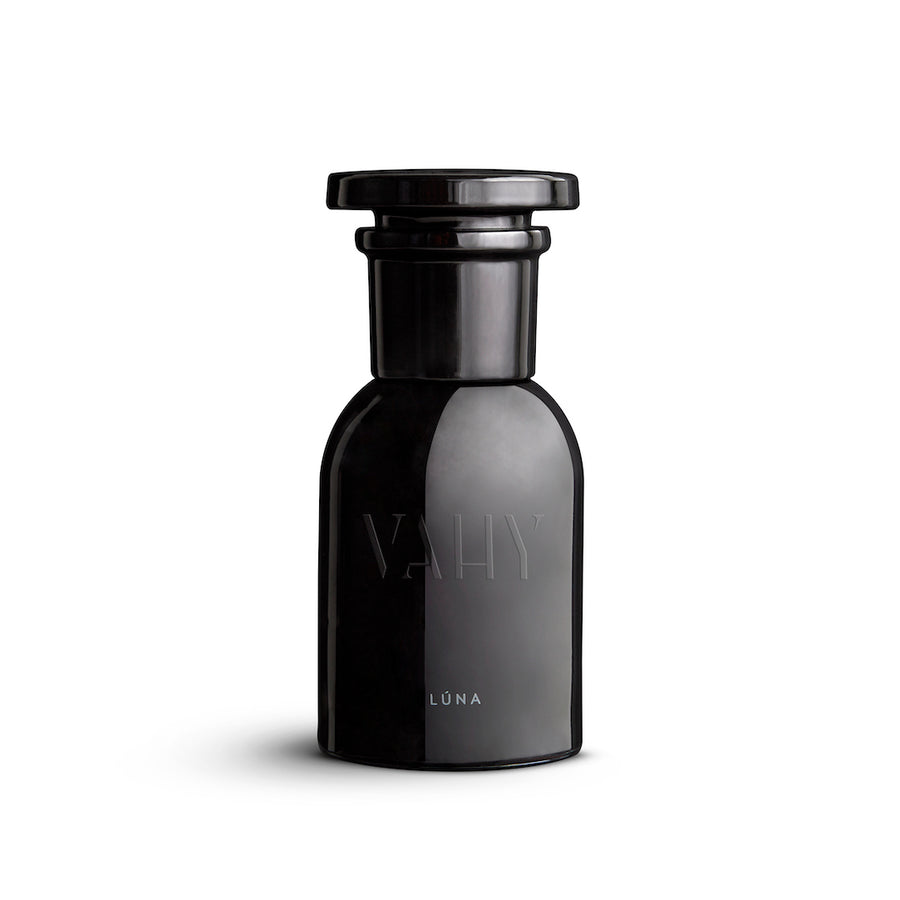

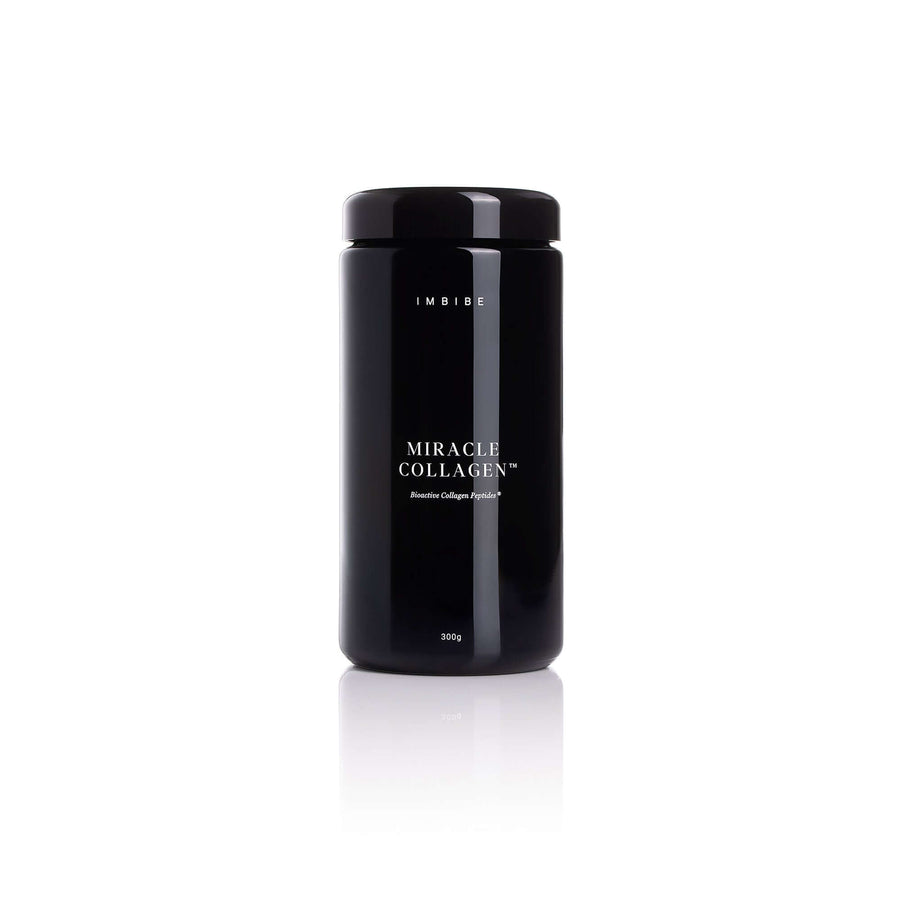
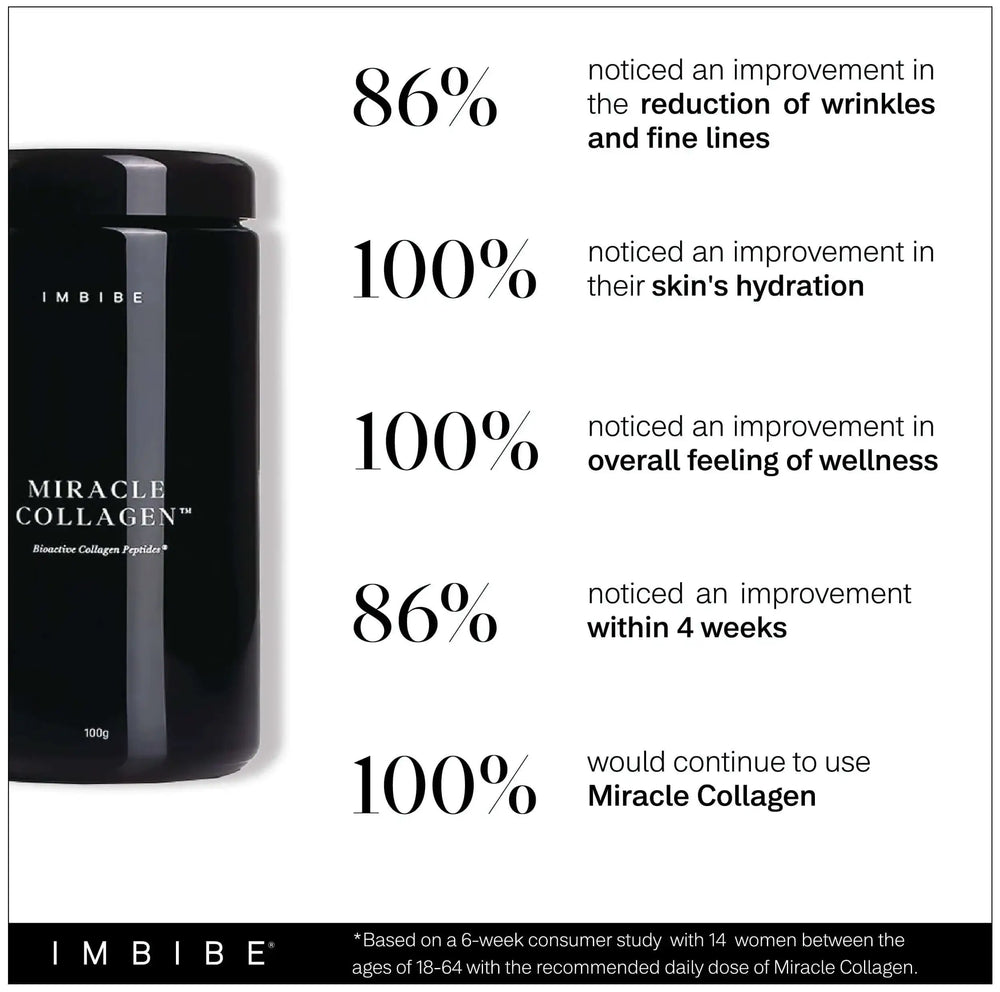









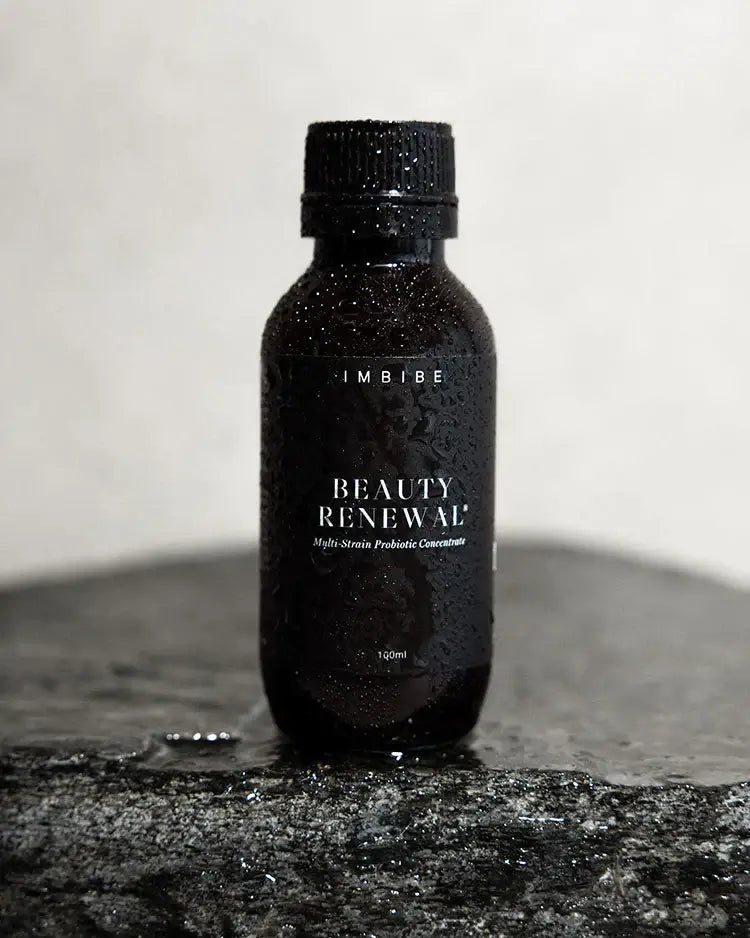

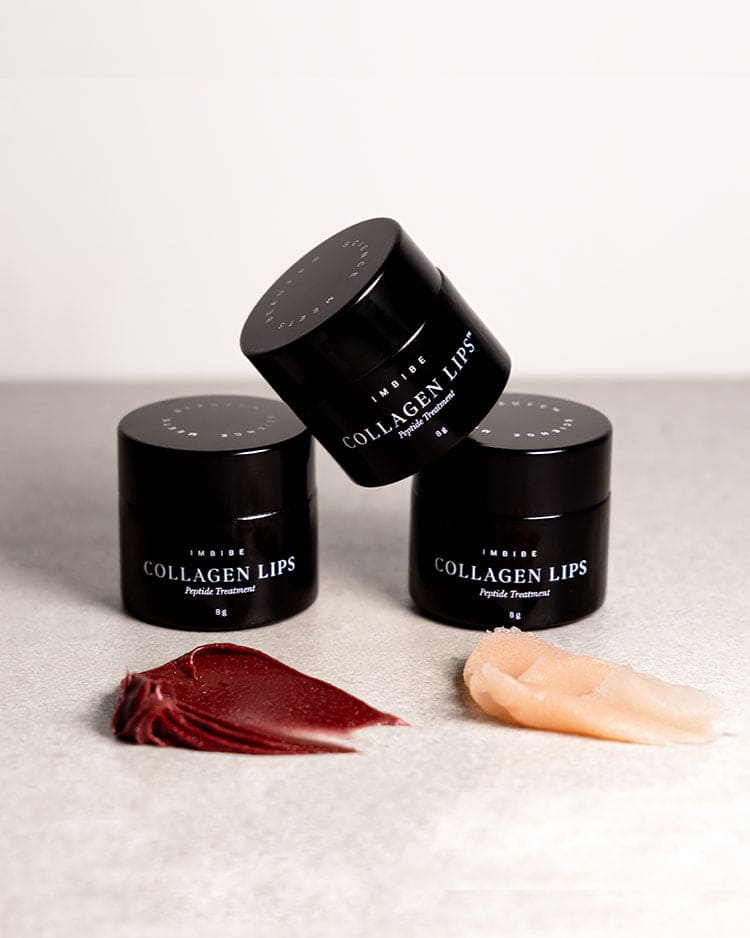







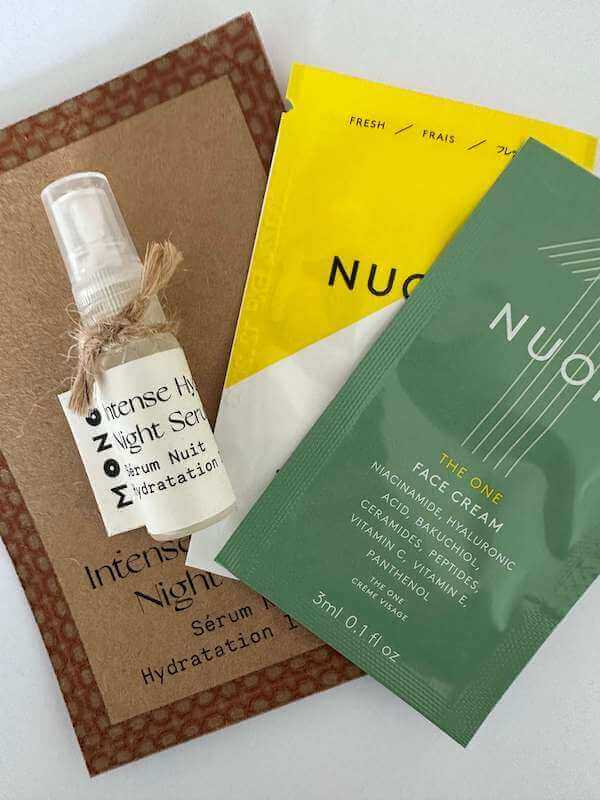
Leave a comment